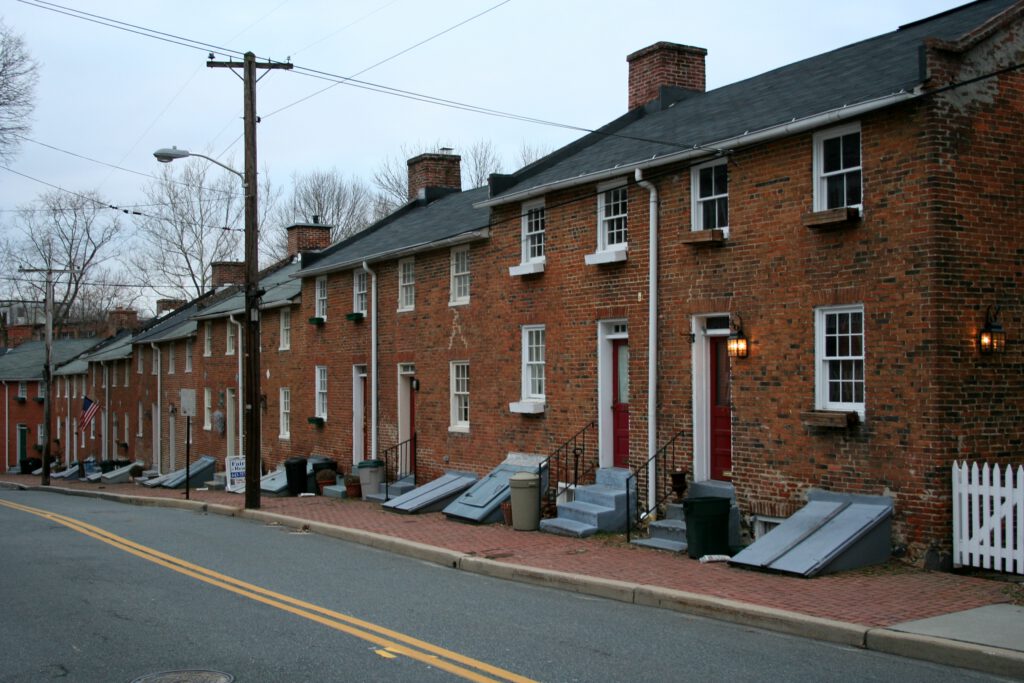When we set out on travels to remote locations, I’ve made it a habit to carry in my satchel a small shortwave radio even in this age of the internet. Deep in the Himalaya, in equatorial rain forest, or the desert interiors of Africa, a small hand set with fully extended aerial has permitted access to accurate news of events both local and beyond the horizon, news upon which life itself can sometimes depend.
During our years along the upper reaches of the Nile, it became a Christmas Eve tradition – in the absence of conifer or elegant gifts – to tune in a BBC broadcast of the Festival of Nine Lessons and Carols from King’s College in Britain. The processional strains of ‘Once in Royal David’s City’ would transport us from a tin-roofed cottage in the savannah to a Gothic chapel.
One winter night our town in the Kalahari erupted in grenade explosions and gunfire. A small shortwave radio brought us news that we had been struck by raiders from apartheid South Africa who targeted asylum seekers in our neighborhoods. Over the years, we learned of military coups, edicts, natural calamities and armed uprisings by the crackle of a shortwave broadcast. Though the variety of such long-distance radio transmissions has greatly diminished in the West and around urban centers everywhere, there are still regions where shortwave broadcast is the medium of choice.

Over those very shortwave frequencies, I once heard a story about the power of truth-telling in the darkest of hours. During World War II, a Polish family had seen a son conscripted into the German Navy, his vessel assigned to prowl the north Atlantic. Somewhere off the coast of Scotland, the ship had come under fire and was sent to the sea bottom. Soon after, a letter arrived from the Wehrmacht informing the family with regret that their son had gone down with his ship and was lost at sea. They in turn invited family and friends to a wake in his memory on the weekend. But several days later, while listening illicitly to a BBC shortwave newscast, they were electrified to learn that their son figured on a list of survivors being held in Scotland as prisoners of war.
Though overjoyed, this left them in a terrible dilemma. If they cancelled the wake, it would be known that they had secretively heard another truth about their son – a report they believed. The secret police would then pay them a call. So the wake proceeded as planned, the mourners arriving with drawn faces and in dark garb. But as they paused to greet the parents at the door, they whispered not condolences, but strange messages like, “I had a dream last night that your son was really alive and well somewhere,’ or, ‘I couldn’t shake the feeling that he is the picture of health’. They had huddled around the same broadcast, but could not speak openly of it.
The wake began sedately enough, but as the evening wore on the din of light-hearted chatter could not be repressed. Then, someone produced a bottle of ‘wodka’. Rounds were poured, strange toasts offered and dancing ensued. The ‘wake’ dispersed with merry embraces. And, of course, the whole story was fete’ed when the son returned at war’s end.
This account found its way back to the BBC in London. It has taken an honored place in their archives as exemplar of the transforming power of truth-telling.



It was on short-wave radio which we carried from Central Vietnam to a town 150 miles north of Saigon that Yoshihiro Ichikawa and I heard that our Mennonite colleagues, Max Ediger and Jim Classen, had decided to stay in Saigon when the revolutionary armies closed it. The next morning on that radio announcement from the Far Eastern Broadcasting Corporation gave us the news that Saigon had been taken by the revolutionaries and Hiro and I hitch hiked on a lumber truck into the newly liberated capital. — Earl
I never know where you will show up and with what story. Yes by gods grace still finds ways to break through our troubled times. Go well as the Bits say so beautifully.
Edgar
Edgar
Sent from my iPhone
>
Sometimes it takes a long time for the truth to make the circle complete. It is still the truth and sometimes takes the appropriate amount of time to be reveled to all.